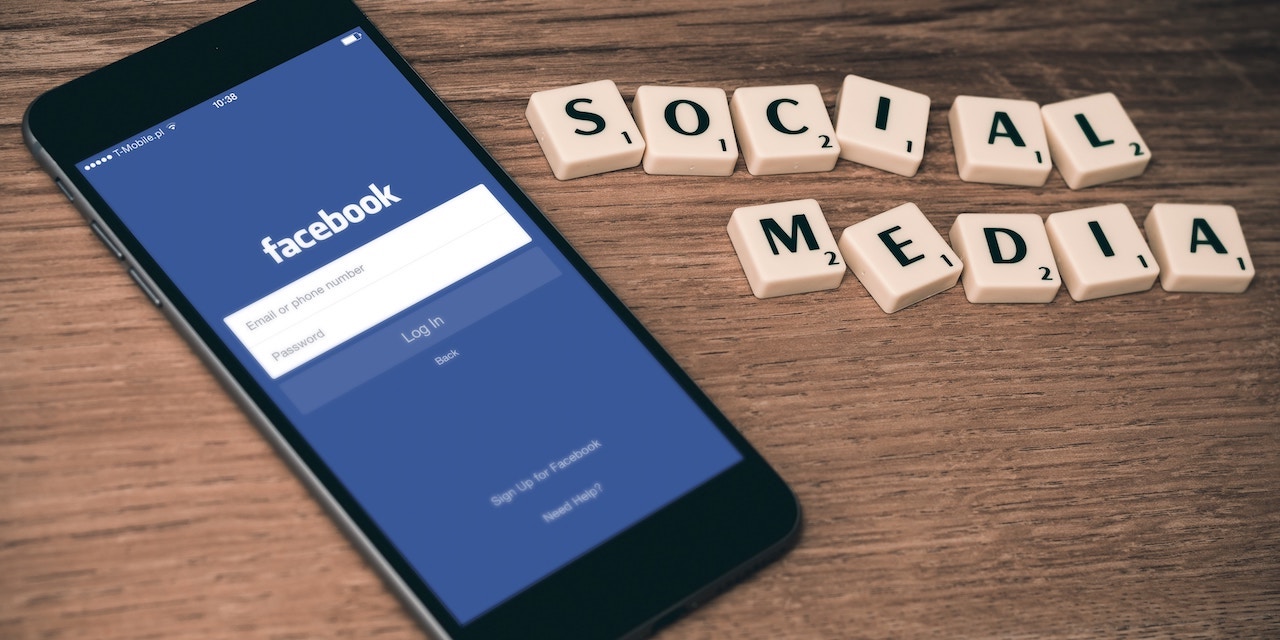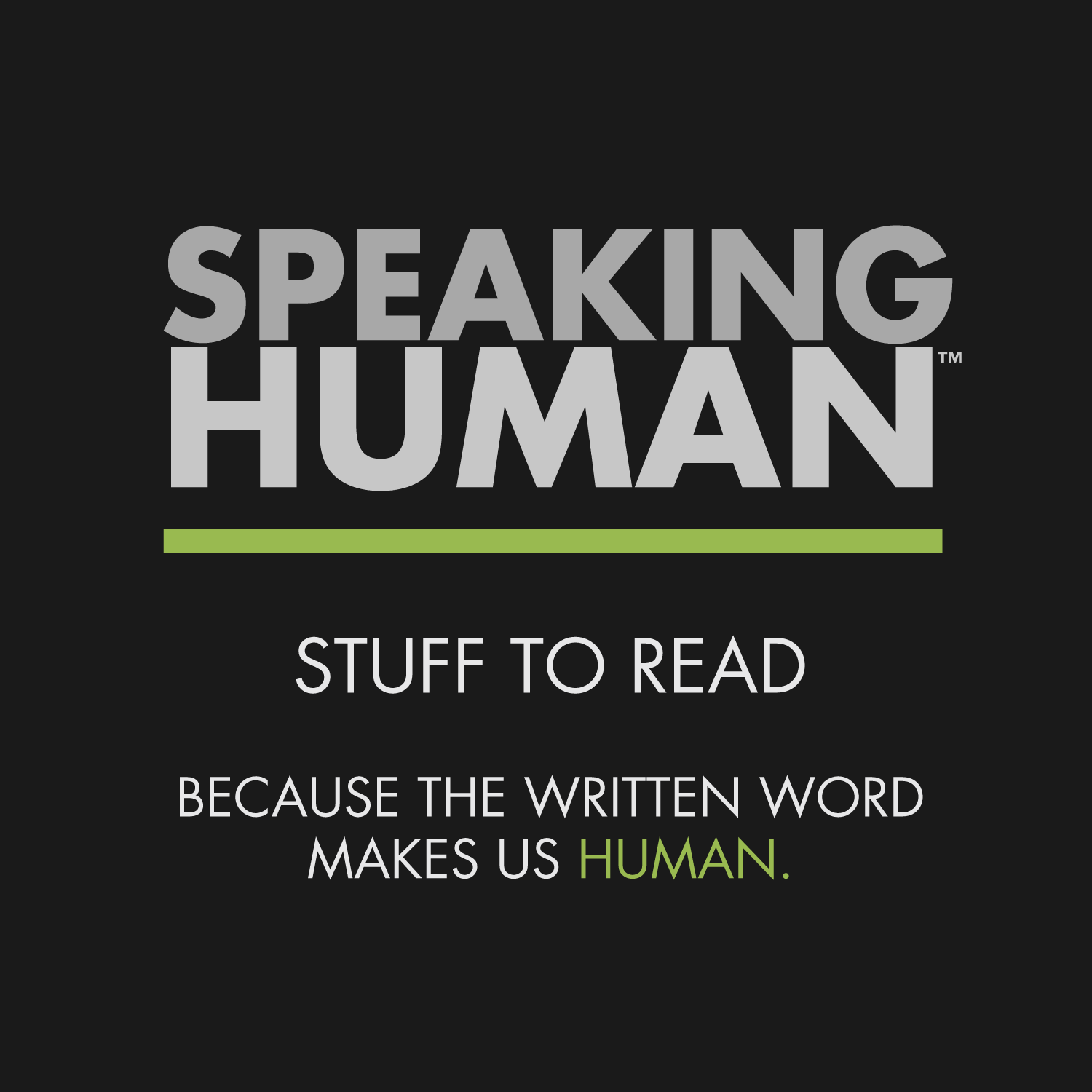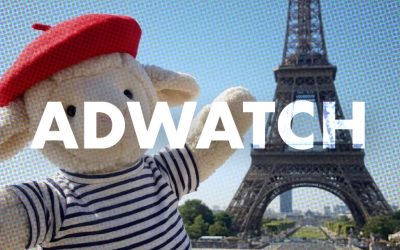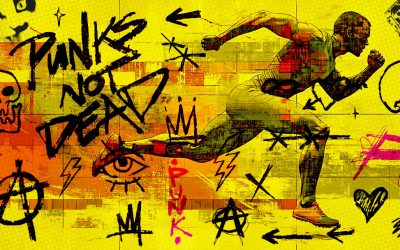Pros & Cons of the ‘Big Three’ Social Platforms
This article comes to us from the Speaking Human University Program, which gives voice to the opinions and perspectives of the next generation of consumers and marketers…
Social media is great. I use my social media pages throughout the day, every day. Some of my friends may even say I am “addicted.” But I am not always on social media to see an adorable picture of a dog or to watch a video of a cat playing piano. I am on social media because it is how I connect with my peers and how I work on perfecting my profession.
The Three Social Platforms I Use the Most
Now there are many social media platforms, but only a few are popular to the public and some to just a niche market. The three that I use most in my daily life are Facebook, Twitter, and LinkedIn. Each one of these platforms has unique features and attracts unique audiences that grab my attention throughout the day. Here’s a quick breakdown of the pros and cons of each platform:
1. Facebook
Facebook is valuable because it caters specifically to you. For example, the news feed on Facebook is developed on three core elements: the affinity score, weight, and time decay. These three scores make sure that you are seeing relevant content that is related to pages that you interact with most, keeping the News Feed “fresh,” with interesting reads.
I do wish there was a feature where I could mass dislike all pages, though. I might be the only one with this problem, but when I was a young tween learning about social media I decided to “Like” every page imaginable. Some of these thousands of “Liked” pages show up on my feed all with similar “Buzzfeed style” content. Just one “Delete All” button would work nicely to get rid of this constant and possibly mass issue.
2. Twitter
Twitter is valuable because you can say so much with so such few words. People can make impactful statements with only 280 characters, and easily shared for the world to see. The impact these Tweets can have is truly a value that is sometimes overlooked.
Sometimes viral Tweets receive some backlash, sometimes from your 3rd grade English teacher. Ok, not really, but Tweets do go through with grammatical errors sometimes and there is an army waiting to ridicule the person for it. Twitter needs a feature to “edit Tweets,” rather than just deleting and reposting, which, if it had enough attention, may lose some of the conversation in the comments.
3. LinkedIn
LinkedIn is important because it starts careers. Throughout college, all my professors would say is “get a LinkedIn, be active on LinkedIn, etc.” They were right. LinkedIn is a huge platform where companies can easily find a potential hire’s information, and nowadays a solid LinkedIn profile is almost necessary to receive a job. The platform also connects you to professionals within your field to help create other job opportunities in the future.
To help further build potential candidate-employer connections, LinkedIn should make it easier to schedule interviews. If a candidate is selected by a company, they can contact that candidate with a list of open interview times; phone, video, or in person. Though, it may not be the most “professional” it would be effective and could save valuable time on the company’s end.
What Each of These Platforms Exceed At
These platforms all have their ups and downs, but they do have their unique features that help them succeed exceptionally…
- Facebook advertises extremely well to their users. If a user searches for something on a different site, Facebook probably knows and will show you those products. Also, they collect more data than other social media sites, which helps them receive background on family and friends, and can market towards them too.
- Twitter helps people with little-to-no recognition become internet celebrities. It helps movements become popular, and brands increase sales. The simplicity of the posting and sharing process is its exceptional feature, because on Twitter a little goes a long way.
- LinkedIn works exceptionally well at finding people the right connections, frequently and effectively. LinkedIn suggests only the right people to be in your network, and lets you know of your connections’ connections. This can land a user, such as myself, an opportunity to connect with a CEO that previously would’ve been almost impossible to connect with.
These Social Media Platforms Are Changing Not Only Our Present, But Also the Future
LinkedIn, Twitter, Facebook, and all other social media platforms have their unique features that keep users, like myself, engaged. I believe they all hold value from a company, employee, and personal standpoint. Though improvements could be made, they are still extremely successful and effective. Now it’s just a waiting game to see what the “next big platform” will be.

AUTHOR: Anthony Cornejo
ORIGIN: Speaking Human Contributor
Follow Anthony on Speaking Human / Human Content from Anthony








